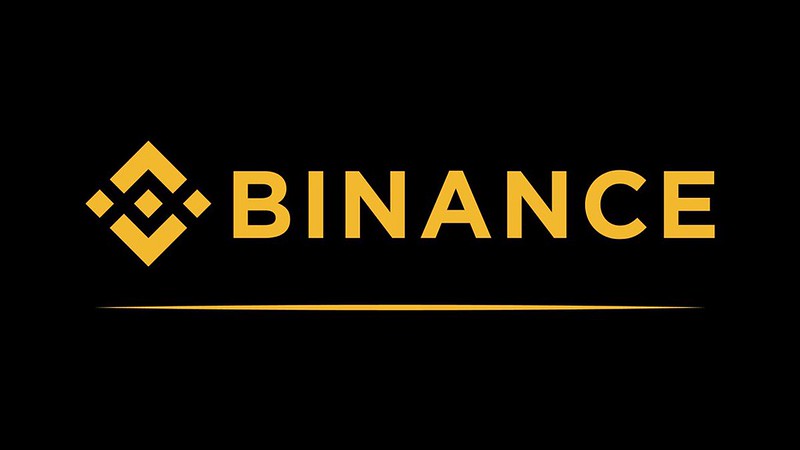
According to a report by Bloomberg on February 13th, Circle, the firm behind the USDC stablecoin, notified the New York Department of Financial Services (NYDFS) about concerns regarding Binance’s insufficient cryptocurrency reserves to back its tokens as indicated by blockchain data.
As a result, NYDFS instructed Paxos, which is also regulated by the same authority as Binance, to terminate its association with the exchange due to “unresolved issues.”
According to the New York Department of Financial Services (NYDFS), it was unsafe for Paxos to carry on with the operations of BUSD, a stablecoin issued under the Binance brand.
The regulatory agency highlighted significant concerns and expressed dissatisfaction with the lack of prompt resolution of the issues.
As a consequence, NYDFS has directed Paxos to halt the production of BUSD and is closely monitoring the company’s operations.
Circle And Paxos Encounter Issues Due To Binance-Pegged Tokens
Binance generates Binance-pegged tokens, also known as B-Tokens. Binance’s platform supports third-party cryptocurrencies, such as Bitcoin and Ethereum. The market value of these tokens amounts to billions of dollars.
The intention behind these coins is to have them supported by locked reserves at a 1-to-1 ratio. Nonetheless, the company admitted to problems with undercollateralized reserves for BUSD just last month.
There was an instance when these problems also impacted Circle’s USDC. Binance had only kept $100 million in reserves to back up $1.7 billion worth of Binance-pegged USDC on the exchange.
The company acknowledged that it erroneously combined reserve assets with customer funds held on the exchange, causing the transfer of reserve assets into specific collateral wallets.
Related Reading | Bitcoin Blasts Off with 40% January Rise: Crypto Insights for 2023
In September, the company implemented an auto-conversion policy that automatically converted USDC and other stablecoin deposits into BUSD. As a result, Circle’s share of the stablecoin market decreased.
Binance stopped making new Binance-pegged BUSD due to Paxos’ actions, but the firm’s auto-conversion policy remains unchanged. The company asserts that B-Tokens were always fully backed, but dispersed storage made reserves not immediately visible.








